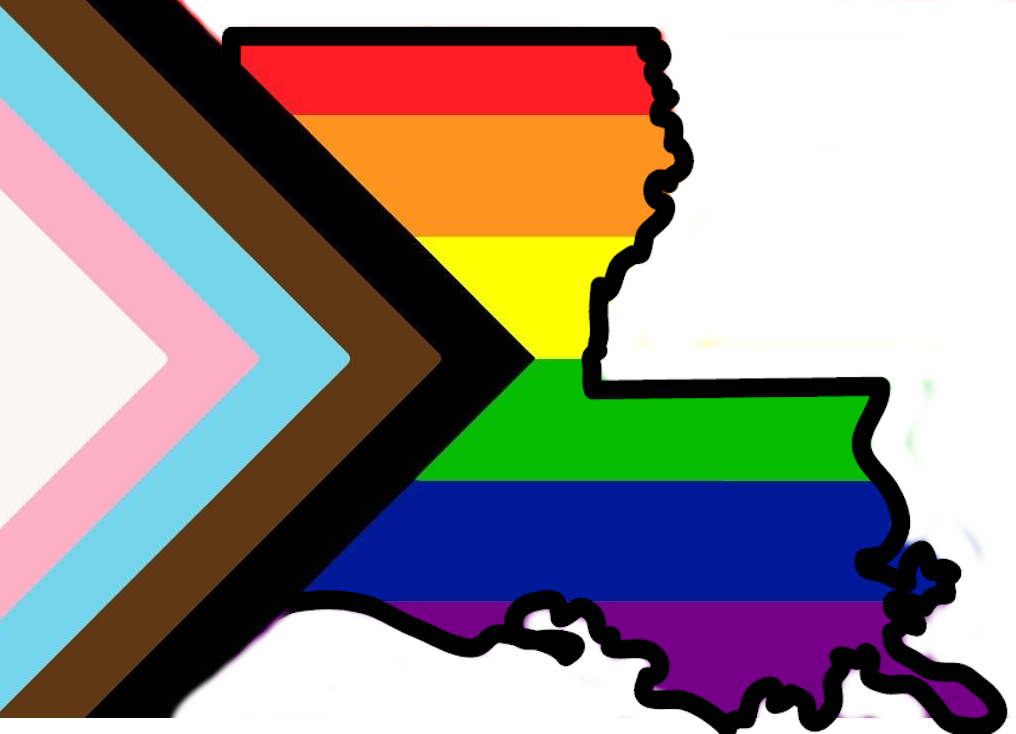History is Big Enough For Us All: Using Trans Oral Histories in the Classroom
April 8, 2021 @ 10am (Central)
Recording coming soon
Featuring these great folks:
Quinn Champagne (He/They) is an ESL teacher in Baton Rouge who enjoys incorporating Louisiana’s unique linguistic history and culture to bolster appreciation of multilingualism among emerging bilinguals. He believes that the incorporation of oral histories in the second language classroom has the potential to better proficiency in the target language while sharing the stories and culture of those who are on the margins.
Cat Jacquet (she/hers) is a professor of History and Women's, Gender, and Sexuality Studies at Louisiana State University. Her research examines social movement activism in the 20th century US, with a focus on antirape activism. She has taught courses in Trans History and LGBTQ Activism and Social Movements. She is a cis, queer person who is invested in preserving and amplifying the histories of minoritzed communities.
Alex Torres (she/hers) is a bilingual educator and immigrant youth advocate. She is Program Director for Humanities Amped, an educational non-profit which works with students and teachers to amplify well-being and critical thinking in public schools. Alex holds a PhD in English and graduate minor in Women's, Gender, and Sexuality Studies from Louisiana State University. Her dissertation and advocacy work address the educational needs of marginalized youth, particularly undocumented adolescent English Learners.
Moderated by SL Ziegler
SL Ziegler is a librarian in Baton Rouge, and does oral histories for LaTOHP. They studied philosophy for a while, but decided they’d rather just be nice and friendly.
This panel is funded by the Society of Southwest Archivists’ Community Outreach Fund and the Louisiana Endowment for the Humanities.
This program is funded under a grant from the Louisiana Endowment for the Humanities, the state affiliate of the National Endowment for the Humanities. Any views, findings, conclusions or recommendations expressed in this program do not necessarily represent those of the National Endowment for the Humanities.







